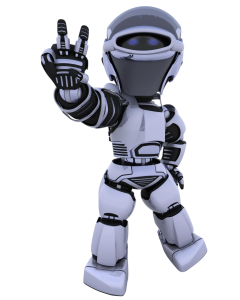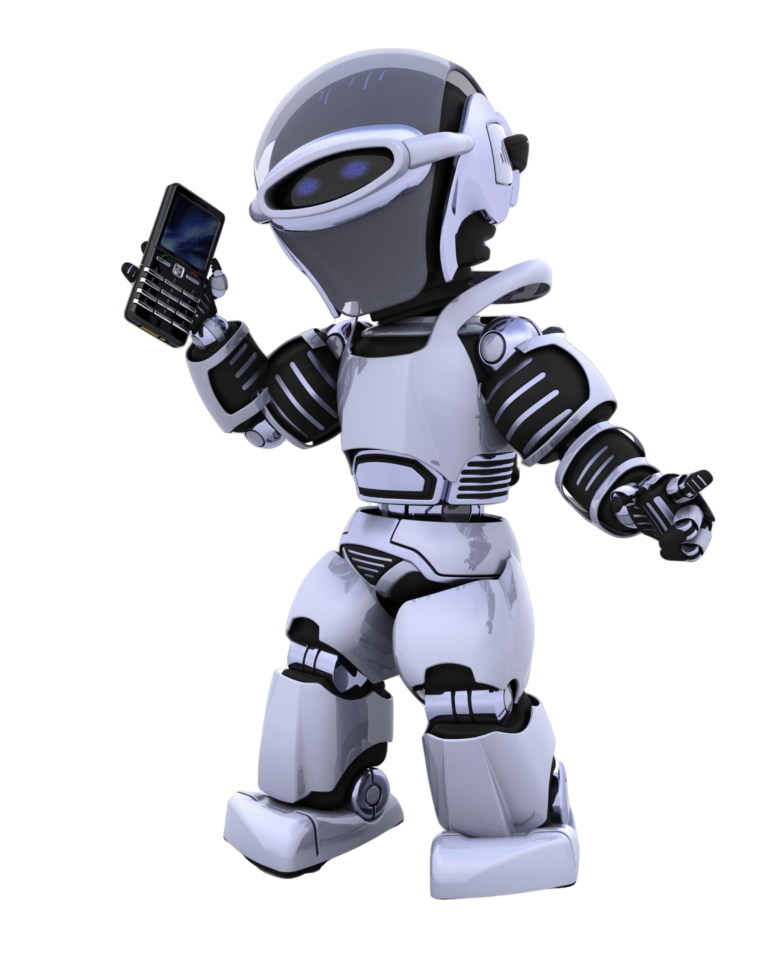- Introduction
- Understanding AI disruption and its impact on job positions
- Existing job positions that will be affected by AI disruption
- New job positions that will emerge due to AI disruption
- Skills needed for job positions of the future considering AI disruption
- Preparing for the future job market in the age of AI
- Conclusion and key takeaways
Introduction

Welcome to this in-depth exploration of the job positions of the future in light of AI disruption! With the rapid development of AI technology, it’s no secret that the job market is going through a massive transformation. In this blog, we’ll dive into the impact of AI on existing job positions, as well as explore the new job positions that will emerge. We’ll also discuss the skills that will be needed to succeed in these new roles, and provide tips for preparing for the job market of the future in the age of AI.
Understanding AI disruption and its impact on job positions

Before we dive into the specifics, let’s take a moment to define AI disruption and its impact on the job market. AI disruption is the process by which AI technology replaces or significantly changes existing job positions. This can lead to job loss or a shift in the required skills for certain roles. However, AI disruption can also lead to the emergence of new job positions and industries. Thanks to AI, we’ve witnessed the emergence of brand new sectors like self-driving cars, precision healthcare, and voice-activated helpers. These fields have generated fresh employment opportunities that didn’t exist before, like AI ethics experts, data analysts, and machine learning architects. In addition, AI’s ascent has led to the formation of novel divisions within businesses, including AI implementation teams, AI strategy groups, and AI research units.
Existing job positions that will be affected by AI disruption

One of the most significant impacts of AI disruption will be on existing job positions. Jobs that rely heavily on routine tasks, such as data entry or customer service, are at risk of being automated. Similarly, jobs that require a high level of manual labor, such as manufacturing, may also be replaced by AI technology. However, it’s important to note that not all existing job positions will be affected in the same way. Some roles, such as those that require complex problem-solving or emotional intelligence, are less likely to be automated. Additionally, there are certain industries that are more resistant to automation, such as healthcare and education. Jobs in these fields typically require a high level of human interaction and personal touch, which cannot be easily replaced by machines. However, it’s important to note that even within these industries, certain tasks may still be automated to increase efficiency and reduce costs.
New job positions that will emerge due to AI disruption

While AI disruption will undoubtedly lead to job loss, it will also create new job positions and industries. Jobs that involve working with AI technology, such as AI trainers or machine learning engineers, will be in high demand. Additionally, new industries, such as those related to virtual reality or autonomous vehicles, will emerge. You can see a ranking of new new job positions that AI will generate during the next few years:
1. AI Ethicist/Philosopher: As AI continues to advance, it will be important to have individuals who can ensure that these technologies are developed and used ethically and responsibly. To have access to this kind of job position your academic backgroud should be strong in both technology and ethics. A degree in computer science, engineering, or a related field is a good start, but it should be complemented with a solid foundation in ethics and social responsibility.
There are several courses and certifications available that can help you gain the necessary skills and knowledge to work in this field. For example, you can take courses in ethics, data privacy, cybersecurity, and artificial intelligence to gain a deeper understanding of the ethical implications of emerging technologies. You can also obtain certifications
2. AI Trainer: With the increasing use of AI in various industries, the need for individuals to train and teach these systems will also increase. To have access to this kind of job position your academic backgroud should be centered around computer science, engineering, programming or related fields. AI trainers and educators should have a deep understanding of machine learning algorithms and data analysis techniques. It’s also important for individuals interested in this field to have experience in software development, data processing, and data mining. In addition to technical skills, AI trainers need to have excellent communication and analytical skills to effectively convey complex information to individuals who may not have a technical background.
3. Personal Data Broker: As AI becomes more prevalent, individuals will have more control over their personal data. Personal data brokers will help individuals manage and sell their data to businesses that are willing to pay for it. This will create a new revenue stream for individuals and give them greater control over their personal information. With the rise of data breaches and privacy concerns, personal data brokers will become a crucial player in the digital economy. To have access to this kind of job position your academic backgroud should be focused on fields such as computer science, data science, mathematics, or statistics. Additionally, experience in data analysis, data management, and knowledge of programming languages such as Python, R, or SQL will be highly valued. Personal data brokers act as intermediaries between individuals and companies, managing and selling personal data to businesses for marketing, research, and other purposes. As the amount of data generated by individuals increases, personal data brokers will be essential in helping companies target their audiences more effectively. However,
4. AI-Powered Healthcare: AI will revolutionize the healthcare industry by improving patient care and reducing healthcare costs. AI algorithms can analyze patient data to provide personalized treatment plans and predict potential health issues. This will enable healthcare providers to offer more targeted and effective treatment options, improving patient outcomes and reducing healthcare costs. Additionally, the use of predictive analytics can assist in identifying patients who may be at risk for certain health conditions, allowing for preventative measures to be taken before the condition progresses or becomes more difficult to manage. This is particularly important for chronic conditions such as diabetes, heart disease, and cancer, where early intervention can greatly improve outcomes and quality of life.
Skills needed for job positions of the future considering AI disruption

As the job market evolves, so too will the skills required for success. Jobs that involve working with AI technology will require a deep understanding of machine learning and data analysis. Additionally, soft skills such as emotional intelligence and adaptability will become increasingly important as roles that require routine tasks are automated. As machine learning and data analysis continue to revolutionize industries and the way we work, it is important for individuals to develop a diverse set of skills to remain competitive in the job market. While technical skills are essential for roles in these fields, soft skills are becoming increasingly important as automation takes over routine tasks. Emotional intelligence, the ability to understand and manage one’s own emotions and those of others, is crucial for successful collaboration and communication in the workplace.
Preparing for the future job market in the age of AI
So, how can you prepare for the job market of the future? One of the most important things you can do is to stay up-to-date with the latest AI technology and trends. This will give you a better understanding of how AI will impact your industry and your role. Additionally, focusing on developing skills that are less likely to be automated, such as complex problem-solving and emotional intelligence, can help future-proof your career. In today’s rapidly evolving job market, it’s important to stay ahead of the curve and anticipate industry changes. With the rise of automation and artificial intelligence, many traditional job roles are at risk of becoming obsolete. However, this doesn’t mean that there won’t be new opportunities for those who are willing to adapt and embrace change.
Conclusion and key takeaways
As we’ve seen, AI disruption will have a significant impact on the job market. While some job positions are at risk of being automated, new positions and industries will emerge. The key to success in the age of AI is to stay informed, develop new skills, and remain adaptable. By doing so, you can position yourself for success in the rapidly changing job market of the future. It is no secret that artificial intelligence (AI) is changing the landscape of work as we know it. From automation and machine learning to chatbots and data analytics, AI is transforming industries and disrupting traditional job roles. However, this disruption also presents new opportunities for individuals who are willing to embrace change and adapt to the needs of the market.

